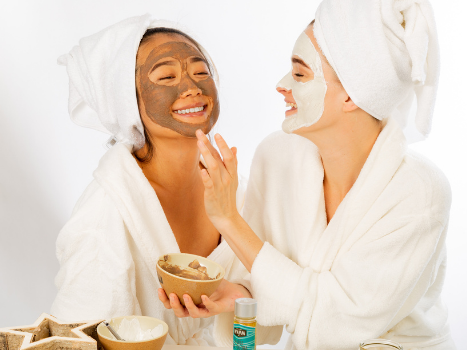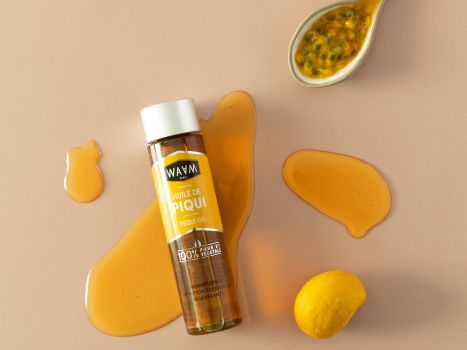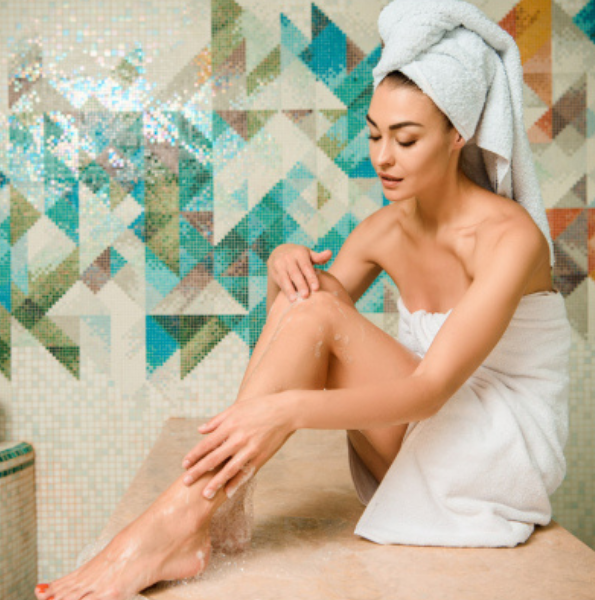
Morocco's beauty secrets
Moroccan women pay particular attention to their beauty and well-being. Nature plays a very important role in their beauty rituals. To take care of themselves, they mainly use ingredients from their own land. Argan, rhassoul, nigella... all gifts of nature from which they know how to draw the best benefits.
Let's discover some of them together.
Let's discover some of Morocco's secrets:
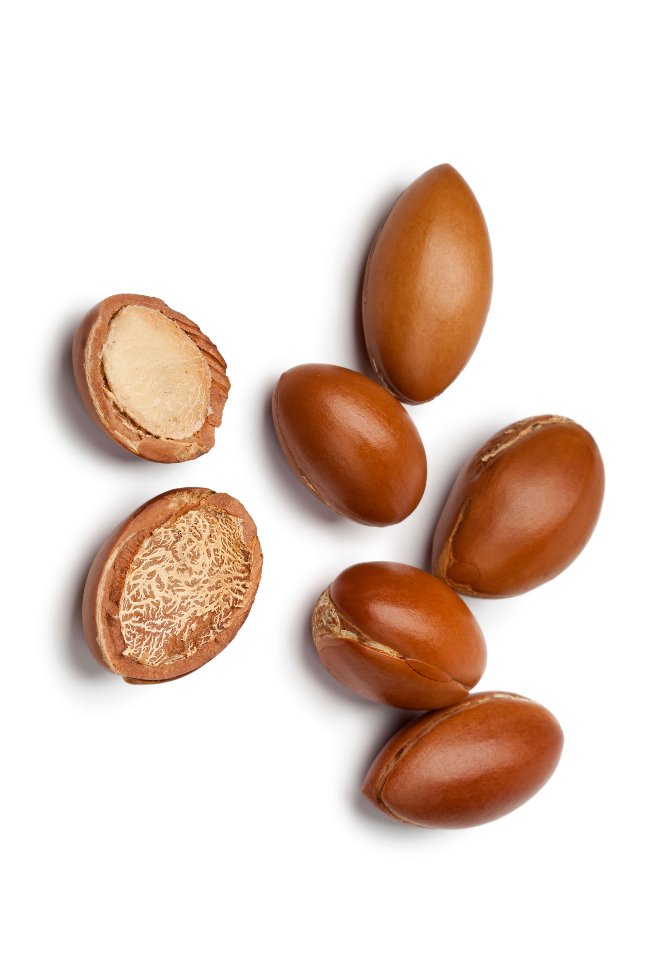
Argan oil
Argan oil is well known beyond Morocco's borders. The argan tree grows only in the South Atlantic region of Morocco. Once harvested, the tree's fruits are dried in the sun. The pulp is separated from the kernels. Once dried, the kernels are crushed and cold-pressed to extract argan oil.
Multi-functional, argan oil is used for hair, body and face care... It is suitable for all skin types, but works miracles on mature and dry skin thanks to its anti-aging and healing properties. Its regulating properties make it ideal for combination to oily skin. It is also suitable for all hair types, recommended for dry, fragile hair.
How do I use argan oil?
To take full advantage of its benefits, argan oil is used as simply as possible. Apply it directly to the parts of your body you wish to nourish, and massage it in. Your skin will immediately feel softer and more supple.
For hair care, argan oil can be used in an oil bath to strengthen hair and add shine. As a finishing touch, it can be applied to lengths and ends to soften and protect.
Rhassoul
Rhassoul comes from the Moroccan Atlas mountains. It has been used for centuries by Moroccan women to gently cleanse and care for their hair and skin. This explains why rhassoul is used in so many body, face and hair care products. Rhassoul, the earth that washes, comes from volcanic quarries in the Moroccan Atlas and is rich in natural foaming saponin. It does not attack the skin's protective film or the hair's protective sheath. Ideal for all skin types (from oily to sensitive), rhassoul is a purifying clay that regulates the skin and leaves it feeling soft. The clay also purifies the scalp, coats the fiber and adds volume to the hair. A true natural cleanser.
How to use rhassoul?
For face care, simply mix rhassoul with water or rose floral water and a vegetable oil and apply to the entire face, neck and décolleté. Apply all over the face, even around the eyes, and leave on for a few minutes. Rinse off with clear water.
For body care, you can use rhassoul as a cleanser. We recommend filling a bottle with water (1 liter), adding rhassoul (1 tablespoon) and shaking the mixture well to make it foam and viscous. Use this water to gently cleanse your skin.
For hair care, apply rhassoul paste directly to the scalp (rhassoul + water or floral water + vegetable oil). Leave on for a few minutes and emulsify before rinsing off. You can also add rhassoul to your hair mask bases. This makes rinsing easier.
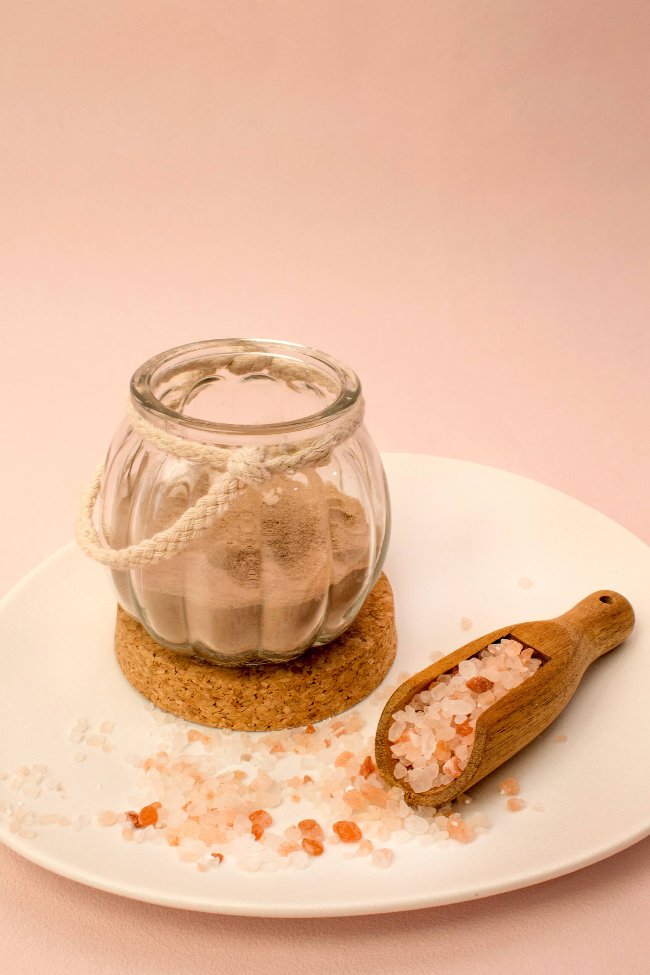
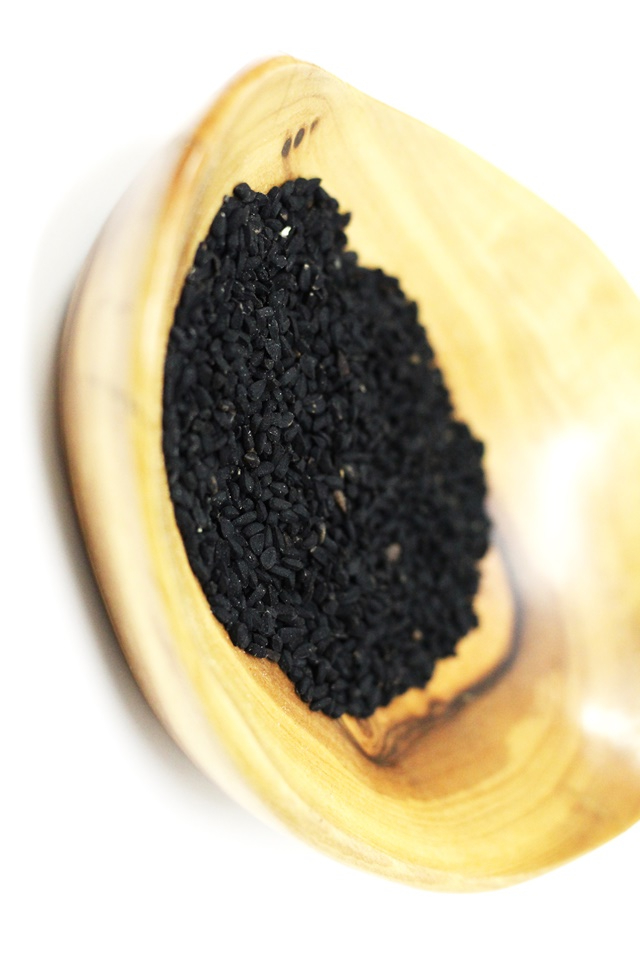
Black cumin oil
The Prophet Mohammed said that "this oil could cure anything except death". Also known as black cumin oil,black cumin oil is the perfect ally for problem skin. Black cumin generally comes from Egypt or Tunisia, but is still used by many Oriental women. The seeds are cold-pressed to retain all their properties.
Black cumin oil is used to care for the body from the outside as well as the inside. It has healing and anti-infection properties. Natural acne treatment enthusiasts use black cumin oil for its effectiveness. It also tones and softens the skin. Black cumin oil is also used to treat the scalp. It tones the scalp and slows hair loss. Irritated scalps are immediately soothed with black cumin oil.
How do I use black cumin oil?
Black cumin oil can be used on its own, whether for the face, body or hair. You can also make serums to apply to specific areas. For an anti-acne face serum, mix black cumin oil with jojoba oil. Jojoba oil is also good for problem skin, and will provide...
Henna
Henna is a shrub that grows naturally in Africa. There are many different types of henna for a variety of hair colors. The henna we offer comes from Morocco. Once picked, the leaves are dried and then finely ground. This texture facilitates paste formation once the henna is mixed with water.
As well as being used as a natural coloring powder, henna is also a hair care product that sheathes, strengthens and repairs the hair. It also promotes hair growth. Henna is suitable for all hair types.
How to use henna
The origin of henna will tell you what color you're going to get. Waam henna, which comes from Morocco, will give a color ranging from red to mahogany. To achieve a broad color palette, henna must be combined with different coloring powders. We recommend the Peau Neuve blog to find out more about henna and discover its tips for success.
Henna is also used to color the skin (ephemeral tattoos, traditional henna...). All you need to do is mix it with water and leave it on the skin for varying lengths of time. It all depends on the intensity you're looking for.
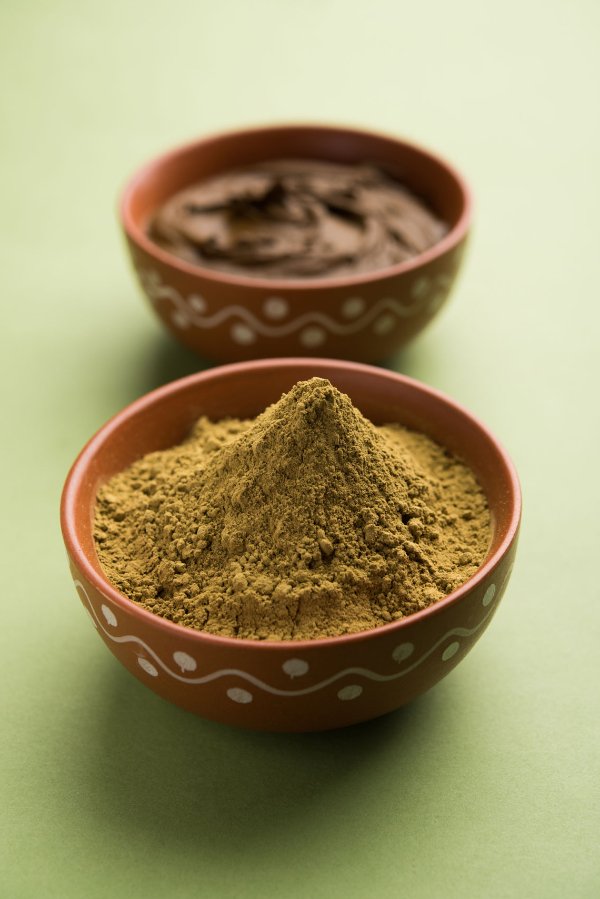
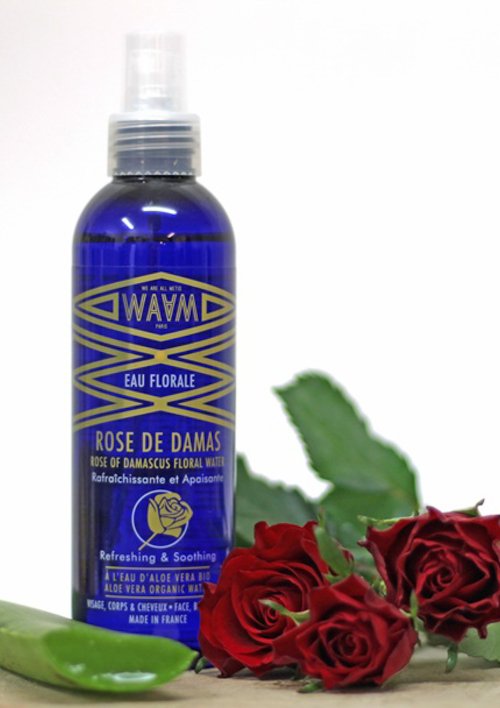
Damask Rose floral water
As its name suggests, the Damask Rose comes from Damascus in Syria. Today, it is grown mainly in Morocco, Turkey and Bulgaria. It is obtained by distilling rose petals in water. Waam floral waters are distilled with organic aloe vera water.
Damask rose floral water is part of an anti-aging skin care routine. It regenerates the skin and prevents aging. Combination to oily skins love it because it purifies and regulates them. Of course, it also refreshes and tones the skin. For some people, damask rose floral water will soothe.
How to use Damask rose floral water?
Spray it directly onto the face and neck to benefit from its astringent and toning properties. You can also use Damask rose floral water instead of water to make your own clay-based masks.
Of course, there are many more Moroccan beauty secrets. Don't hesitate to share the ones you know with us.
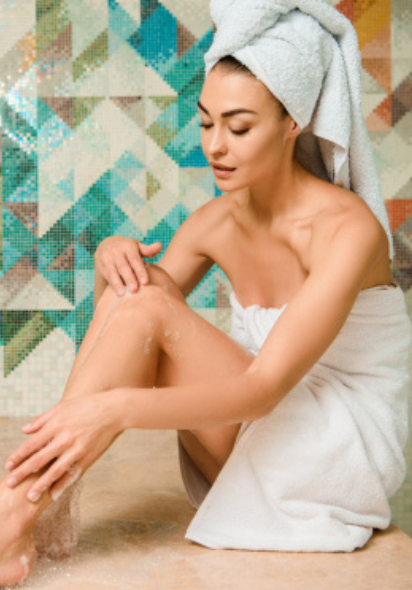
.jpg)
.jpg)





